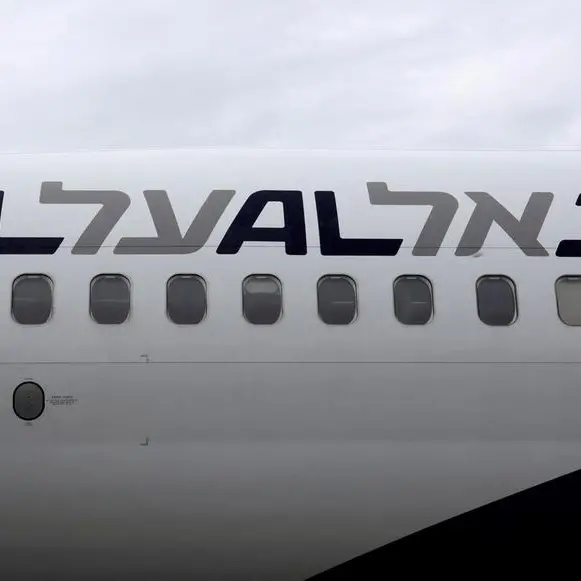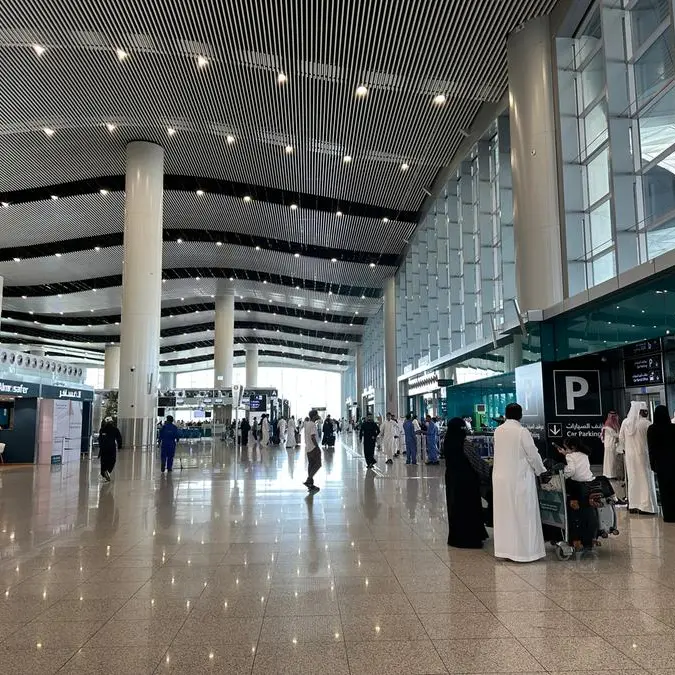PHOTO
The need for greater collaboration to drive sustainable investments in the aviation sector, dominated discussions at the 2024 edition of the Arab Aviation Summit (AAS) recently held at Al Hamra International Exhibition & Conference Centre in Ras Al Khaimah.
The region’s leading aviation and tourism event (February 27-28) while examining the impact of advanced technologies and changing consumer expectations, highlighted the pressures stemming from parts shortages and delivery delays.
However, the aviation industry’s continued resilience is what is leading the sector’s recovery and growth, the summit heard.
Held under the theme, ‘Exploring the Future of Travel’, the 11th edition brought together leading industry professionals who explored the sector’s sustainable growth against the backdrop of the current macroeconomic and geopolitical challenges, at panel discussions, keynote addresses, and networking events.
The role of Sustainable Aviation Fuel (SAF) in aviation’s transition to a greener future was a key pillar of discussions as experts debated the most practical approaches industry stakeholders can adopt to deliver on net zero goals by 2050.
Industry stalwarts also highlighted the growing skills shortage in the industry and its implications for stakeholders as travel demand soars.
Arab Aviation Summit delved into the emerging innovations and disruptive technologies that are transforming the aviation industry and showcased the opportunities for embracing advanced air mobility to build unique tourism experiences in the MENA region.
The leading role of Middle Eastern airlines in setting global trends and shaping consumer travel behaviour was also spotlighted by experts at the event.
Despite its recovery from the pandemic-related disruptions, the aviation sector continues to grapple with the reactive policies pursued by several nations during the global health crisis, said Abdul Wahab Teffaha, Secretary General, Arab Air Carriers Organization.
He emphasised that as supply chain challenges persist, inflation and global economic conditions are further limiting the free growth of the sector.
He added that to attain sustainability goals, the need of the hour is to incentivise the use of clean energy rather than penalise airlines while embracing digitalisation of travel across all touch points of the travel journey will be critical in bridging the technology gaps in the sector.
Aviation is an intrinsic part of tourism, asserted Julia Simpson, President & CEO, World Travel & Tourism Council, as she called on all stakeholders to collaborate on improving sustainability in the sector.
While the technology potential and regulatory frameworks associated with sustainable aviation fuel are poised to lead the industry on the sustainability path, governments must step up efforts with supportive policies and incentives and establish the trajectory needed to scale up for 2050, she added.
With the increasing demand for air travel worldwide, the cost efficiency and financial flexibility offered by aircraft leasing are crucial in driving the sector’s growth, said a panel of experts on the concluding day of the summit.
Robust orders and continued constraints in aircraft supply have positioned the aircraft leasing market for strong growth, said Steve Rimmer, CEO, Altavair.
Tariq Al Ghaziri, Deputy CEO, AviLease, said that in line with Saudi Arabia’s Vision 2030 strategy, the 18-month-old company is tapping into all types of equity in the region and aiming to expand in the international market while also targeting an investment grade (IG) ratings.
Hosted in collaboration with Ras Al Khaimah Tourism Development Authority, AAS 2024 is supported by global industry partners such as Airbus, CFM, Collins Aerospace, T3 Aviation Academy.
Copyright 2022 Al Hilal Publishing and Marketing Group Provided by SyndiGate Media Inc. (Syndigate.info).





















